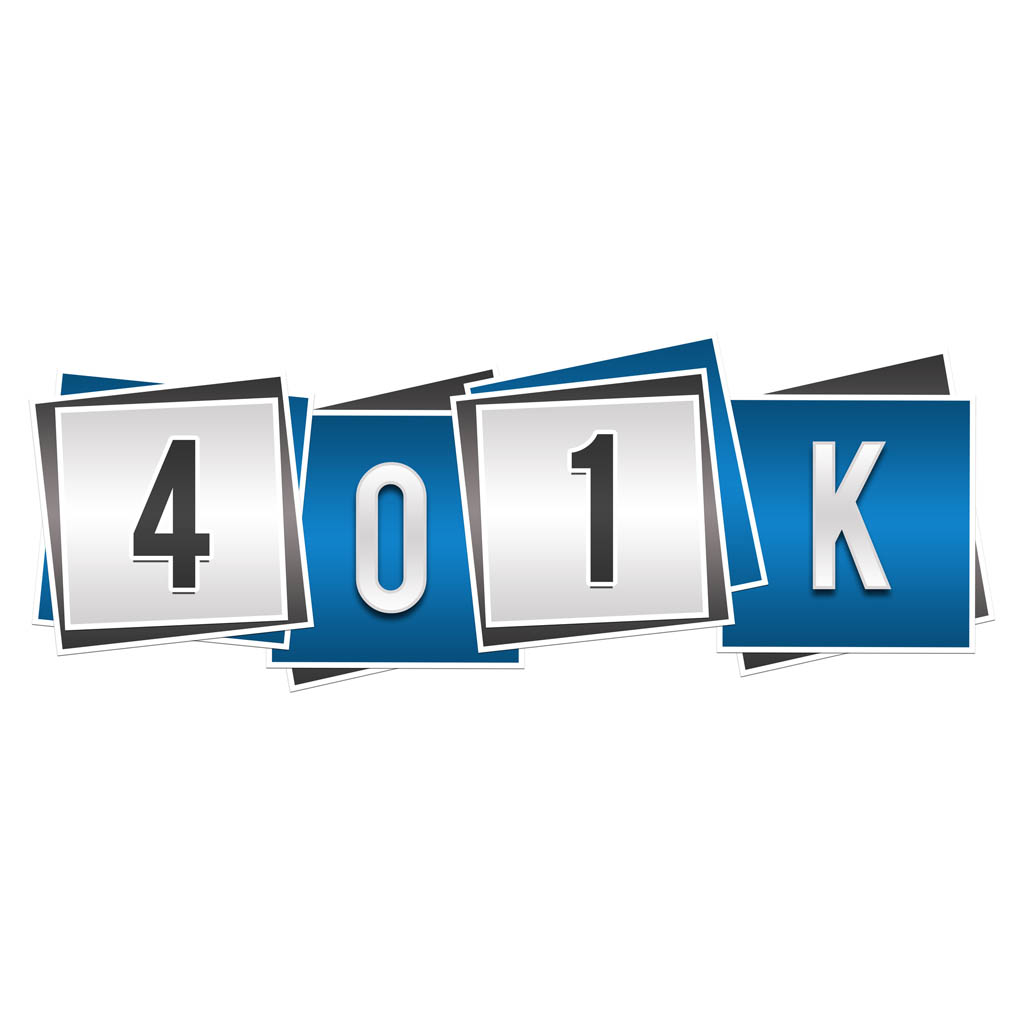Avoid Tax Consequences With a Direct 401(k) Rollover
Retegy Team
June 4, 2018
Few things you need to know about 401(k) rollover

If you've ever left a job where you had 401(k) or a similar retirement plan, you've probably received a letter from the plan administrator outlining the different options you have and their tax consequences. This document is pretty straightforward from the perspective of a tax professional or someone who works in the retirement space. However, for those without this level of expertise, it can be quite intimidating.
One option for your old plan is to move or “rollover” the money into a different retirement account. The new account could be a traditional IRA or a 401(k) plan with your new employer. There are often good reasons to do this. Typically, traditional IRAs can provide a more extensive selection of investments and investment managers. A new 401(k) allows you to manage your retirement money in one place and may provide investment options not available in your old plan.
There are two different mechanisms for transferring money from one account to another—a direct rollover and an indirect rollover.
Indirect Rollover
One option is an indirect rollover, where the administrator of your original plan writes a check directly to you. You can cash the check, and you have 60 days to deposit the funds into a new plan. You might assume that as long as the new account is a similar qualified account, there will be no taxes, but unfortunately, that's not true. Because you have access to the funds, the IRS requires your plan administrator to take 20% of your money and send it directly to them as withholding, leaving 80% in the check you receive. This is actually done to protect you from having to pay a high tax bill and penalty if you do not deposit the funds within the 60-day window.
For example, if you had $100,000 in your old 401(k) and decided to execute an indirect rollover, you would receive a check for $80,000 after your administrator confirms you have separated from the company, and the other $20,000 is sent directly to the IRS (which was explained in the multiple-page tax notice they sent you previously).
The $20,000 withheld by the IRS is still your money and will be applied to your taxes for the current year. As long as you meet all your other tax obligations, you may be able to claim a sizable tax refund next April. This amount is counted as a distribution and will be subject to taxes and a 10% early distribution penalty (if you are under age 59.5), but these payments will be easily covered by the $20,000. The only way to avoid this situation is to come up with $20,000 to deposit into the new account with the $80,000 you received to bring the total back to the original $100,000. (For related reading, see: 401(k) Rollovers: The Tax Implications.)
Continuing with the previous example, if you are in the 24% federal tax bracket and 9% state tax bracket, under 59.5, and do not qualify for an exemption from early distribution penalties, the $20,000 distribution will result in $4,800 federal taxes, $1,800 in state taxes and a $2,000 early distribution penalty. So the total additional tax you will pay is $8,600.
Keep in mind, if you do not deposit your entire $80,000 check into a qualified account within the 60-day window, the entire amount ($100,000) will be considered a distribution and subject to taxes and potential penalties.
Direct Rollover
To avoid all the hassle, do a direct rollover. In a direct rollover, you establish your destination account first, then submit a request to transfer money directly from your old account to the new one. Since you do not have access to the funds at any time during the process, the IRS does not see it as a taxable event. It's possible you may run into a situation where a 401(k) administrator does not want to transfer the money directly to the new custodian, and they insist on sending a paper check to you. If this happens, ask them to make the check payable to the new custodian name, FBO (for the benefit of) your name. You may also want to check with the new custodian to see exactly how they want the check written.
The administrator of your original plan should know that they do not need to do the withholding and send you the check for the complete balance of the account, although it may be a good idea to ask the representative to confirm they will process it as a direct rollover to make sure it is appropriately coded in their system. Once you get the check, deposit it directly into the new account.
If you take a new job, leaving your retirement plan behind is not always the best option. A rollover may redirect your money into a new account with a better investment selection and allow you to keep all of your qualified retirement investments in one place.
Please let us know if you have any questions or need any assistance with setting up your retirement strategy. We are here to help. Let's work together.
This information has been derived from sources believed to be accurate. Please note - investing involves risk, and past performance is no guarantee of future results. The publisher is not engaged in rendering legal, accounting or other professional services. If assistance is needed, the reader is advised to engage the services of a competent professional. This information should not be construed as investment, tax or legal advice and may not be relied on for the purpose of avoiding any Federal tax penalty. This is neither a solicitation nor recommendation to purchase or sell any investment or insurance product or service, and should not be relied upon as such. All indices are unmanaged and are not illustrative of any particular investment.
Recent updates



Understanding the Ins and Outs of Workplace 401(k) Plans


Similar stories
Latest articles from the "Tax Strategies" category.